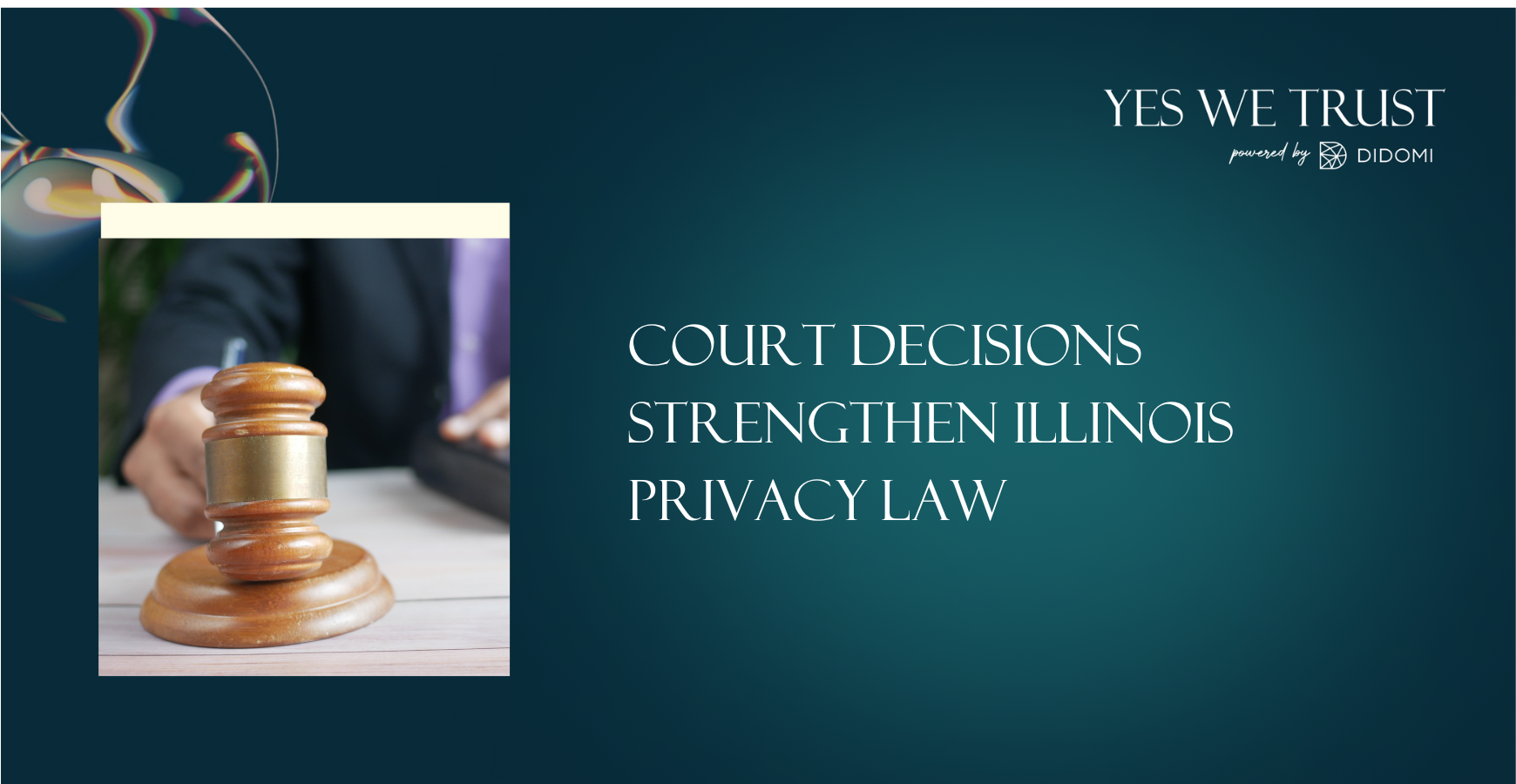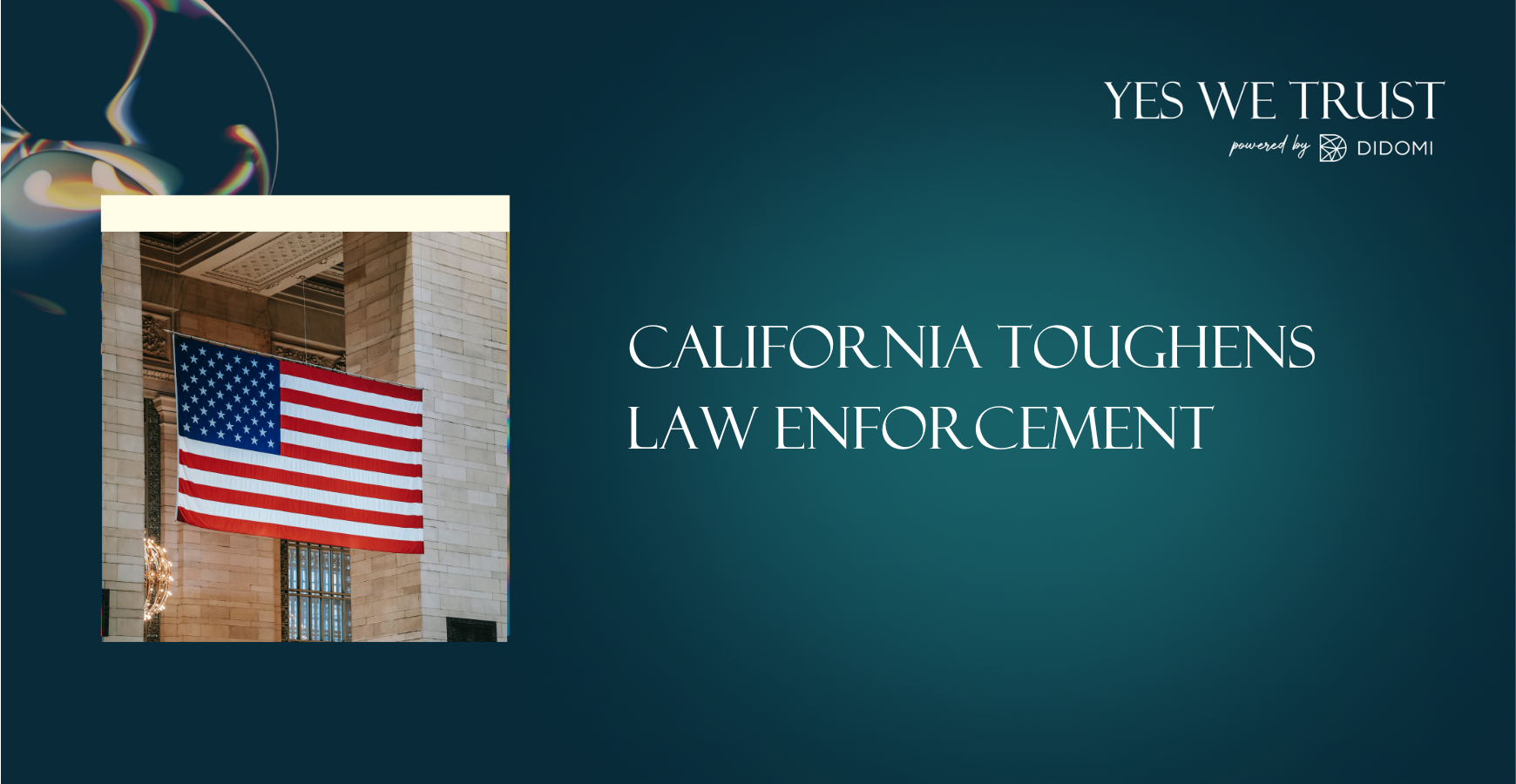Summary
In the wake of two recent Illinois Supreme Court decisions strengthening the state law governing how companies must handle employee and customer biometric data, longtime critics see an opening to weaken it.
But supporters of Illinois' biometric privacy law are reluctant to renegotiate the nation's toughest privacy protections, and they call opponents' discontent with the Supreme Court's rulings alarmist.
Nearly 15 years after the law's initial passage, legal interpretations of the Biometric Information Privacy Act (BIPA) are still taking shape, as the widespread use of technology that collects biometric data such as fingerprints and facial scans has only recently reached the forward-looking language of the law.
The widespread adoption of these technologies has led to the proliferation of BIPA class actions, creating what opponents of the law have called a cottage industry for ambitious lawyers.
A constant refrain in these suits is that if a person's Social Security number is stolen, getting a new one may be inconvenient, but it is not impossible. On the other hand, there is no recourse if a fingerprint, retina, voice, or facial print is stolen, they say.
By law, companies deploying the technology must obtain written consent from their employees or customers before their biometric information is collected.
While two other states have mimicked Illinois' biometric data protection law, it remains the only one of the three states that give individuals the right to sue over improper collection and processing of biometric data.
As a result, since about 2018, more than 2,000 BIPA lawsuits have been filed, followed by several high-profile and high-cost settlements - including the $650 million paid by Facebook following a class action settlement in 2020.
These legal developments, in addition to a series of Illinois Supreme Court decisions interpreting BIPA's limits in favor of plaintiffs, have all spooked the business community.
It remains to be seen whether the Court's opinion will pave the way for more significant changes in BIPA - or whether it will be considered this year - as supporters of the law argue that biometric privacy litigation means the law is working exactly as it should.
Biometrics data collection is becoming an increasingly relevant topic. Projects such as Worldcoin, the startup co-founded by Sam Altman, use biometric data in ways that raise eyebrows in the privacy community. Chances are we can expect more attention from lawmakers and privacy watchdogs in the coming years.






